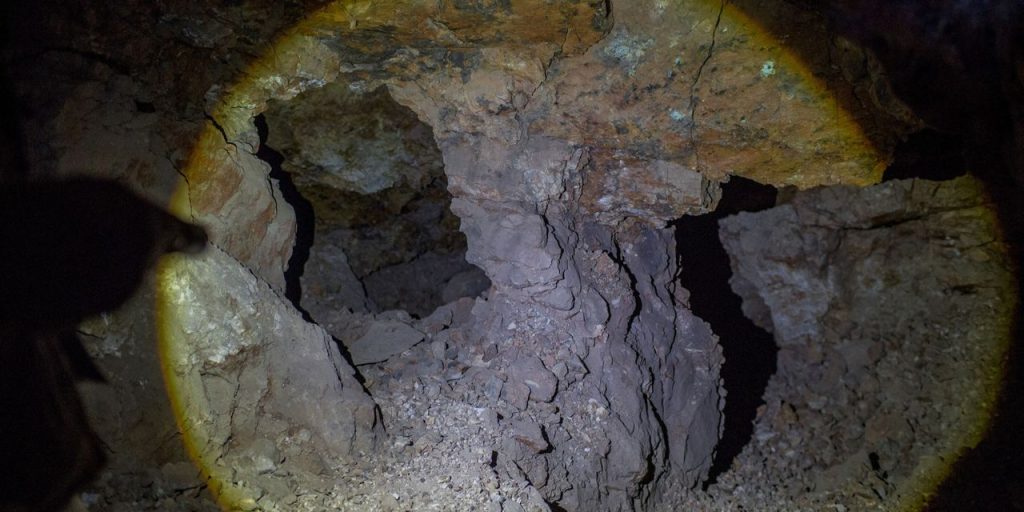Raw materials like lithium, cobalt, and manganese are critical to the world’s transition towards cleaner energy and lower emissions. But rising export restrictions on these increasingly precious commodities could threaten to slow the progress, according to a Tuesday report from the Organization for Economic Cooperation and Development.
Export restrictions on critical raw materials have increased more than fivefold from 2009 to 2020 to reach more than 18,000 in total from various countries, according to the OECD.
The new report estimates that about 10% of the global value of critical raw material exports are facing at least one export restriction measure in recent years. Since 2020, even more restrictions had been introduced, says the group.
Some raw materials are much more exposed than others. Roughly 75% of global cobalt export, for example, faces at least one export restriction. Cobalt is widely used in the lithium-ion batteries that power electric vehicles and store energy from solar power.
The economic impacts of these measures can be “sizable,” said the OECD, although the nature and magnitude of these impacts will be product and country-specific.
The export restrictions often took the form of taxes instead of quantity caps, according to the report, because the latter is generally prohibited under World Trade Organisation rules. China, India, Vietnam, Russia, Argentina and Kazakhstan introduced the most restrictions during the period.
China dominates the production of magnesium and graphite, while Vietnam is an important player in the mining of rare earth elements. According to the OECD, Beijing alone accounted for every one out of five new export restrictions implemented from 2009 to 2020.
The report comes as the world is seeing surging demand for raw materials needed in the production of electric cars, solar panels and wind turbines, which are key to the world’s effort to reduce greenhouse gas emissions and curb global warming.
Although the production and trade of most critical raw materials has expanded rapidly over the past decade, it isn’t keeping pace with the projected demand. To meet the Paris Agreement goals, the OECD expects that demand for lithium, a key material for batteries, would increase 42 times by 2040.
The export controls could limit the availability of the critical raw materials and raise the prices, potentially impacting the progress of energy transition, said the OECD.
Prices of many materials are already at or close to record highs, driven by the rising demand, disrupted supply chains during the Covid-19 pandemic, and Russia’s invasion of Ukraine.
“Policy makers must closely scrutinize how the concentration of production and trade coupled with the increasing use of export restrictions are affecting international markets for critical raw materials,” OECD Secretary-General Mathias Cormann said in a statement, “We must ensure that materials shortfalls do not prevent us from meeting our climate change commitments.”
Write to Evie Liu at evie.liu@barrons.com
Read the full article here



